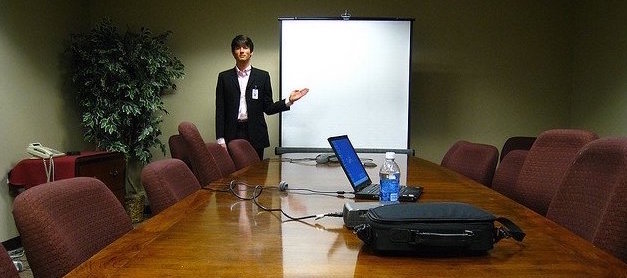The Startup Velocity Question: Diagnostic

How do you diagnose what is hindering velocity in your startup?
>>>Featured Videos
The Startup Velocity Question: What is the Right Exit Strategy?

Sometimes, the answer is to give up on the Unicorn dream and seek an exit.
It is expensive to build a full-fledged sales organization.
The right answer may be to find a workable Positioning and seek an exit.
>>>The Startup Velocity Question: What is the Right Funding Strategy?

For a venture funded startup facing velocity problems, it is a good idea to remember that before you go out to raise another round of funding, you have to have an answer to the velocity question: WHAT is hindering acceleration?
>>>Video FAQs
Can 1M/1M Help Me Raise Money?
How Does 1M/1M Democratize Entrepreneurship Education?
How Does 1M/1M Democratize Management Consulting?
When Is The Right Time To Join 1M/1M?
Can 1M/1M Help Me With Business Development?
Can 1M/1M Help Me With Market Sizing?
Can 1M/1M Help Me Validate My Product?
Will I Have Private 1-on-1 Sessions In 1M/1M?
How Does 1M/1M Help Entrepreneurs Connect With Silicon Valley?
Mentoring or Consulting?
Why Does 1M/1M Charge $1000 a Year?
Why Does 1M/1M Partner With Local Organizations?
Why Don\’t Mentoring Networks Work?
Why Is It Important To Study With 1M/1M Now?
Dan Stewart Story
Vikrant Mathur Story
Bringing a Generative AI Product to Market: RJ Talyor, Founder CEO, Backstroke and Pattern89 (Part 1)

RJ talks thoughtfully about product idea validation in two AI companies, Pattern89 and Backstroke.
Backstroke is operating in the cutting edge of Generative AI and delivering clear ROI solving a very specific problem.
Sramana Mitra: All right, RJ, let’s start at the very beginning of your journey. Where are you from? Where were you born, raised? What kind of background?
RJ Talyor: Thanks for having me. I’m born and raised here in Indianapolis, Indiana. I always thought I’d leave, but I graduated from college with an English degree out of an entrepreneurial honors program. I ended up in this entrepreneurial fellowship right after school here in Indianapolis. It paired Indiana grads with leaders across the state and I got into a role at ExactTarget, which was, at the time, a small startup. We grew to be a $2.7B acquisition by Salesforce and became the ExactTarget Marketing Cloud within the Salesforce Marketing Cloud. So my career grew there over that ten years.
>>>Is BigML Just Another Small ML Platform Player?

According to a recent report, the machine learning (ML) market is estimated to grow 48% annually through 2027. The industry was pegged at $56.5 billion in 2022. The growth in the market is attributed to the increasing adoption of cloud-based offerings.
>>>Thursday, April 18 – 637th 1Mby1M Mentoring Roundtable for Entrepreneurs

Entrepreneurs are invited to the 637th FREE online 1Mby1M Mentoring Roundtable on Thursday, April 18, 2024, at 8 a.m. PDT / 11 a.m. EDT / 5 p.m. CEST / 8:30 p.m. India IST.
If you are a serious entrepreneur, register to “pitch” and sell your business idea. You’ll receive straightforward feedback, advice on next steps, and answers to any of your questions. Others can register to “attend” to watch, learn, and interact through the online chat.
You can learn more here and REGISTER TO PITCH OR ATTEND HERE. Register and you will receive the recording by email, even if you are unable to attend. Please share with any entrepreneurs in your circle who may be interested. All are welcome!
Best of Bootstrapping: Bootstrapped Lawline to $10 Million

If you haven’t already, please study our free Bootstrapping Course and Investor Introductions page.
Wonderful story from 2020 of how Lawline CEO David Schnurman, an online education entrepreneur, had worked through plateaus and scaled his business over 15 years.
Sramana Mitra: Let’s start at the beginning of your journey. Where are you from? Where were you born and raised? What kind of background did you have?
David Schnurman: I’m from Brooklyn, New York, an area called Park Slope. It’s a beautiful area. I grew up there until I went to college in Washington DC where I met the love of my life, who’s here with me in Barcelona. We met in college and then I moved back to New York.
The Startup Velocity Question: What CANNOT be Fixed?

Within the runway of a venture-funded startup, it is excruciatingly difficult to fix core technology problems.
>>>